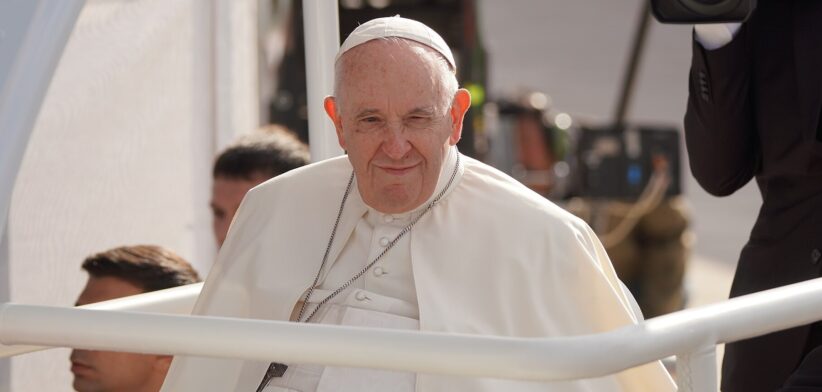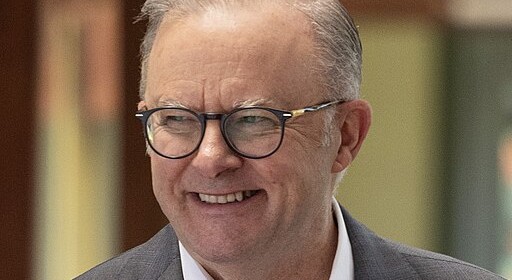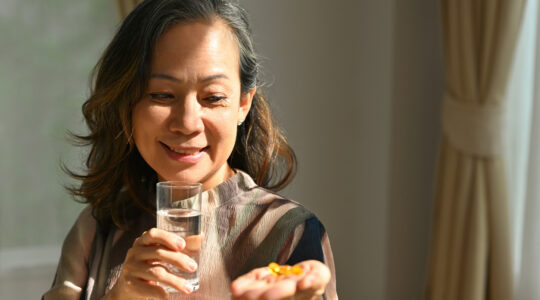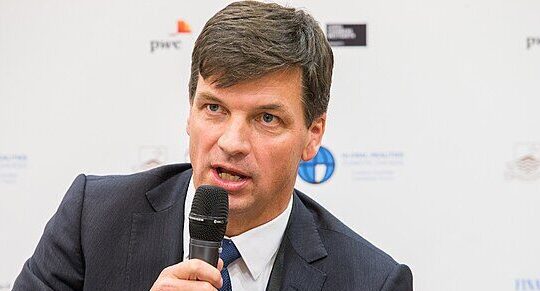By Joel Hodge and Antonia Pizzey
Pope Francis has died on Easter Monday, aged 88, the Vatican announced. The head of the Catholic Church had recently survived being hospitalised with double pneumonia.
Cardinal Kevin Farrell’s announcement began:
Dear brothers and sisters, with deep sorrow I must announce the death of our Holy Father Francis. At 7:35 this morning, the Bishop of Rome, Francis, returned to the house of the Father.
There were many unusual aspects of Pope Francis’ papacy. He was the first Jesuit pope, the first from the Americas (and the southern hemisphere), the first to choose the name “Francis” and the first to give a TED talk. He was also the first pope in more than 600 years to be elected following the resignation, rather than death, of his predecessor.
From the very start of his papacy, Francis seemed determined to do things differently and present the papacy in a new light. Even in thinking about his burial, he chose the unexpected: to be placed to rest not in the Vatican, but in the Basilica of St Mary Major in Rome – the first pope to be buried there in hundreds of years.
Vatican News reported the late Pope Francis had requested his funeral rites be simplified.
“The renewed rite,” said Archbishop Diego Ravelli, “seeks to emphasise even more that the funeral of the Roman Pontiff is that of a pastor and disciple of Christ and not of a powerful person of this world.”
Straddling a line between “progressive” and “conservative”, Francis experienced tension with both sides. In doing so, his papacy shone a spotlight on what it means to be Catholic today.
Between a rock and a hard place
Francis was deemed not progressive enough by some, yet far too progressive by others.
His apostolic exhortation (an official papal teaching on a particular issue or action) Amoris Laetitia, ignited great controversy for seemingly being (more) open to the question of whether people who have divorced and remarried may receive Eucharist.
He also disappointed progressive Catholics, many of whom hoped he would make stronger changes on issues such as the roles of women, married clergy, and the broader inclusion of LGBTQIA+ Catholics.
The reception of his exhortation Querida Amazonia was one such example. In this document, Francis did not endorse marriage for priests, despite bishops’ requests for this. He also did not allow the possibility of women being ordained as deacons to address a shortage of ordained ministers. His discerning spirit saw there was too much division and no clear consensus for change.
Francis was also openly critical of Germany’s controversial “Synodal Way” – a series of conferences with bishops and lay people – that advocated for positions contrary to Church teachings. Francis expressed concern on multiple occasions that this project was a threat to the unity of the Church.
At the same time, Francis was no stranger to controversy from the conservative side of the Church, receiving “dubia” or “theological doubts” over his teaching from some of his Cardinals. In 2023, he took the unusual step of responding to some of these doubts.
Impact on the Catholic Church
In many ways, the most striking thing about Francis was not his words or theology, but his style. He was a modest man, even foregoing the Apostolic Palace’s grand papal apartments to live in the Vatican’s simpler guest house.
He may well be remembered most for his simplicity of dress and habits, his welcoming and pastoral style and his wise spirit of discernment.
He is recognised as giving a clear witness to the life, love and joy of Jesus in the spirit of the Second Vatican Council – a point of major reform in modern Church history. This witness has translated into two major developments in Church teachings and life.
Love for our common home
The first of these relates to environmental teachings. In 2015, Francis released his ground-breaking encyclical, Laudato si’: On Care for Our Common Home. It expanded Catholic social teaching by giving a comprehensive account of how the environment reflects our God-given “common home”.
Consistent with recent popes such as Benedict XVI and John Paul II, Francis acknowledged climate change and its destructive impacts and causes. He summarised key scientific research to forcefully argue for an evidence-based approach to addressing humans’ impact on the environment.
He also made a pivotal and innovative contribution to the climate change debate by identifying the ethical and spiritual causes of environmental destruction.
Francis argued combating climate change relied on the “ecological conversion” of the human heart, so that people may recognise the God-given nature of our planet and the fundamental call to care for it. Without this conversion, pragmatic and political measures wouldn’t be able to counter the forces of consumerism, exploitation and selfishness.
Francis argued a new ethic and spirituality was needed. Specifically, he said Jesus’ way of love – for other people and all creation – is the transformative force that could bring sustainable change for the environment and cultivate fraternity among people (and especially with the poor).
Synodality: moving towards a Church that listens
Francis’s second major contribution, and one of the most significant aspects of his papacy, was his commitment to “synodality”. While there’s still confusion over what synodality actually means, and its potential for political distortion, it is above all a way of listening and discerning through openness to the guidance of the Holy Spirit.
It involves hierarchy and lay people transparently and honestly discerning together, in service of the mission of the church. Synodality is as much about the process as the goal. This makes sense as Pope Francis was a Jesuit, an order focused on spreading Catholicism through spiritual formation and discernment.
Drawing on his rich Jesuit spirituality, Francis introduced a way of conversation centred on listening to the Holy Spirit and others, while seeking to cultivate friendship and wisdom.
With the conclusion of the second session of the Synod on Synodality in October 2024, it is too soon to assess its results. However, those who have been involved in synodal processes have reported back on their transformative potential.
Archbishop of Brisbane, Mark Coleridge, explained how participating in the 2015 Synod “was an extraordinary experience [and] in some ways an awakening”.
Catholicism in the modern age
Francis’ papacy inspired both great joy and aspirations, as well as boiling anger and rejection. He laid bare the agonising fault lines within the Catholic community and struck at key issues of Catholic identity, triggering debate over what it means to be Catholic in the world today.
He leaves behind a Church that seems more divided than ever, with arguments, uncertainty and many questions rolling in his wake. But he has also provided a way for the Church to become more converted to Jesus’ way of love, through synodality and dialogue.
Francis showed us that holding labels such as “progressive” or “conservative” won’t enable the Church to live out Jesus’ mission of love – a mission he emphasised from the very beginning of his papacy.
– Joel Hodge is a Senior Lecturer, Faculty of Theology and Philosophy, Australian Catholic University.
– Antonia Pizzey is a Postdoctoral Researcher Research Centre for Studies of the Second Vatican Council, Australian Catholic University.
This article was first published in The Conversation.








